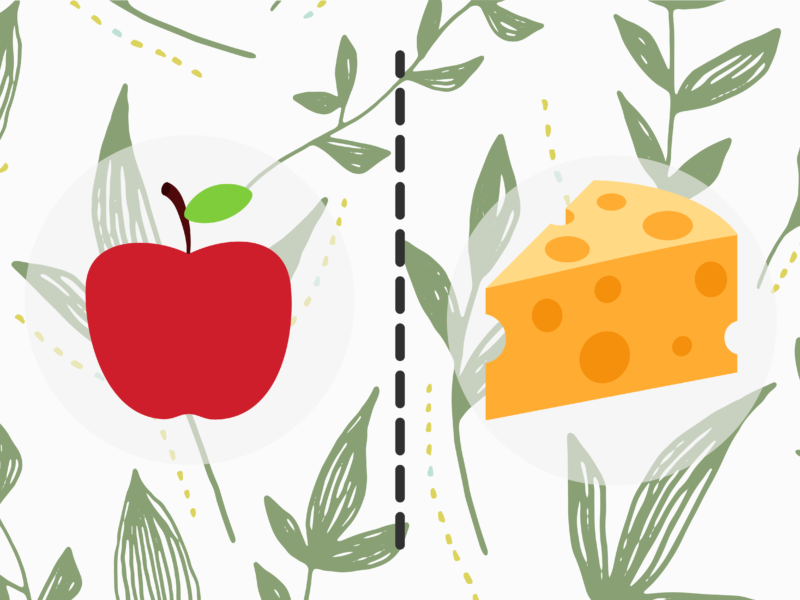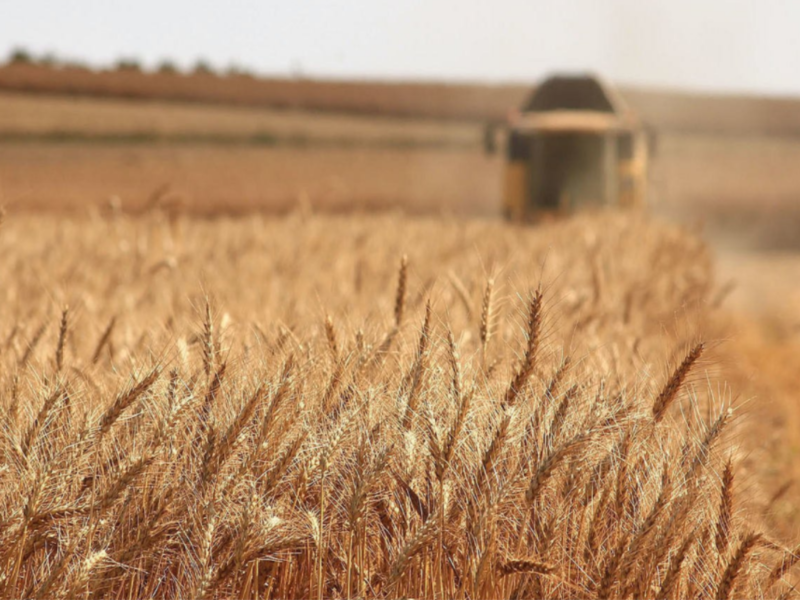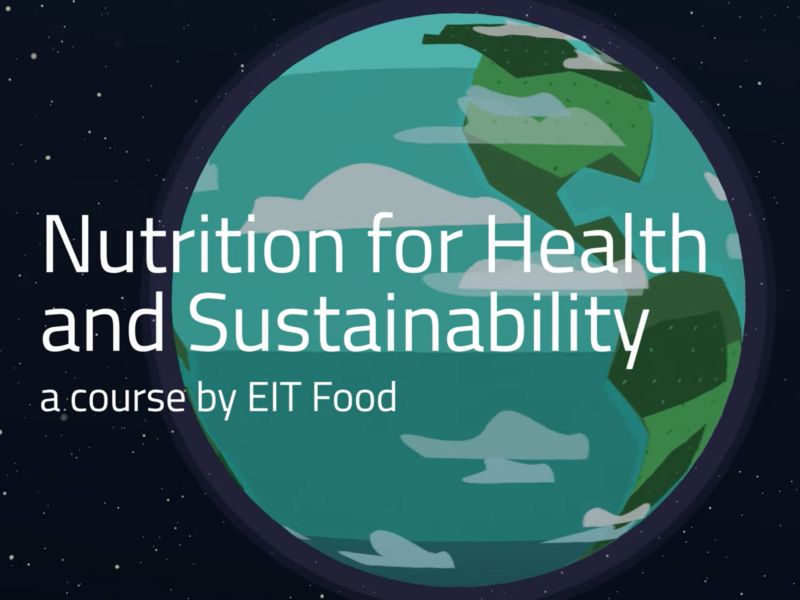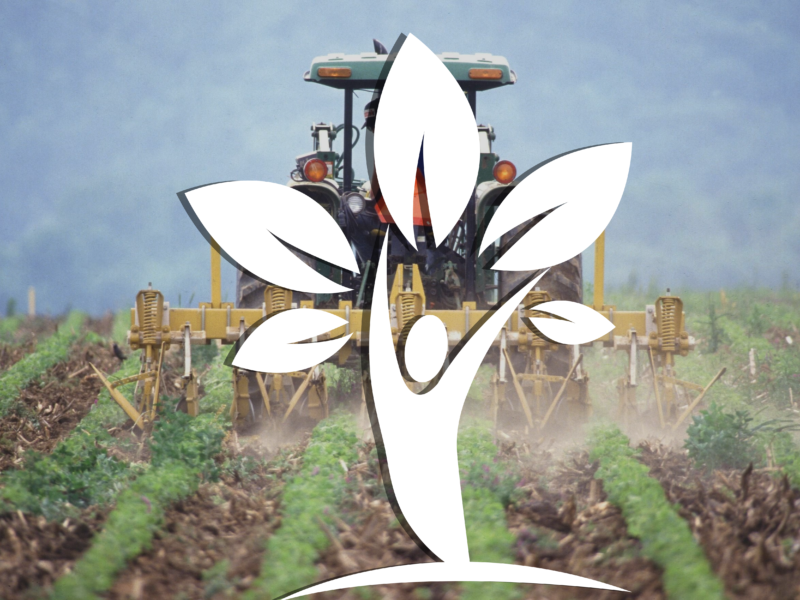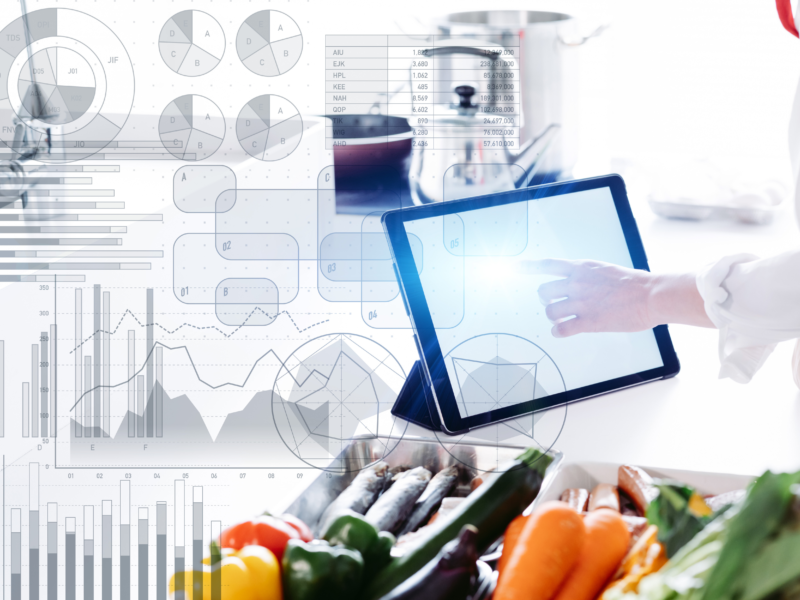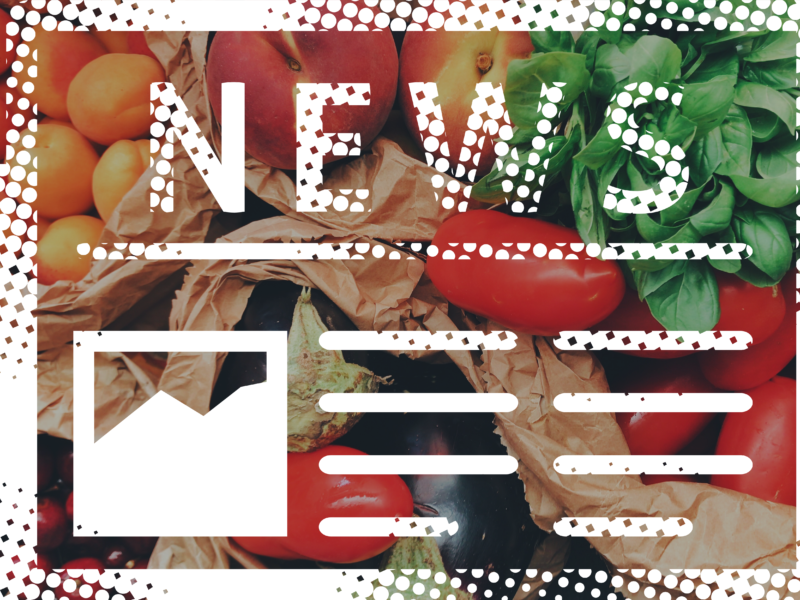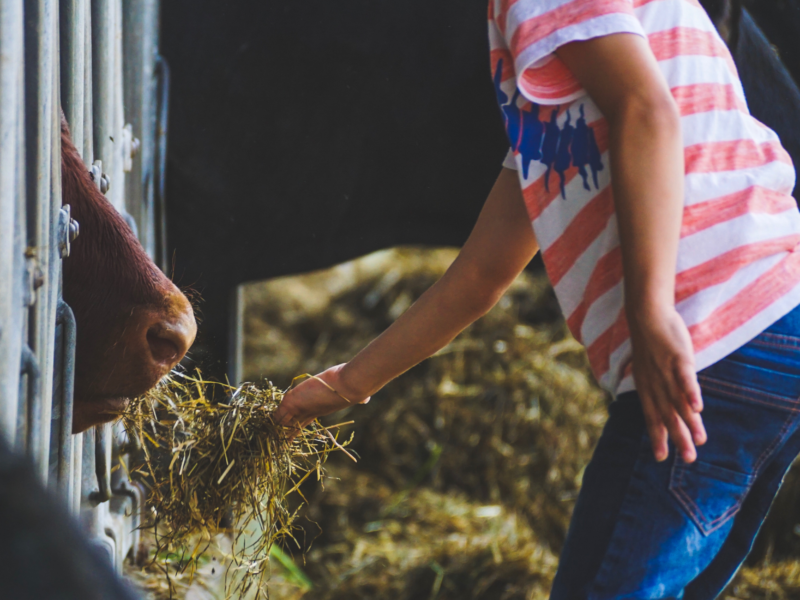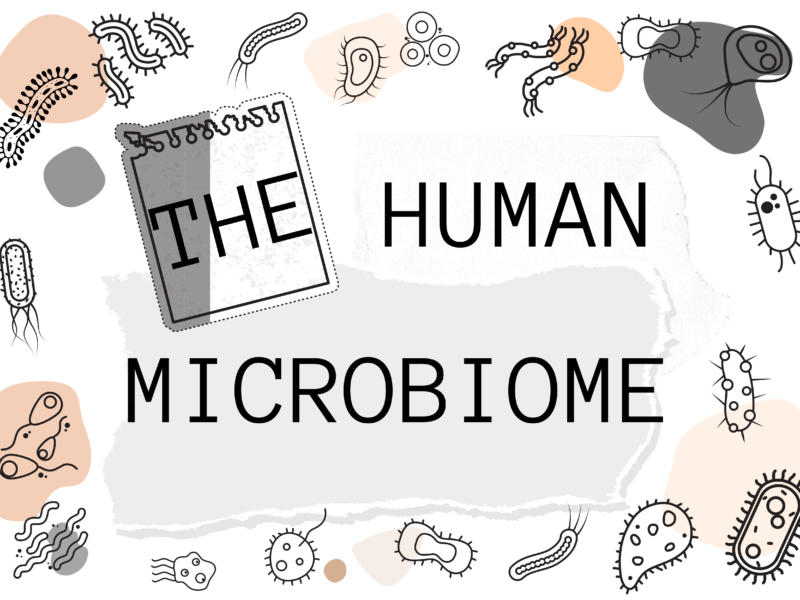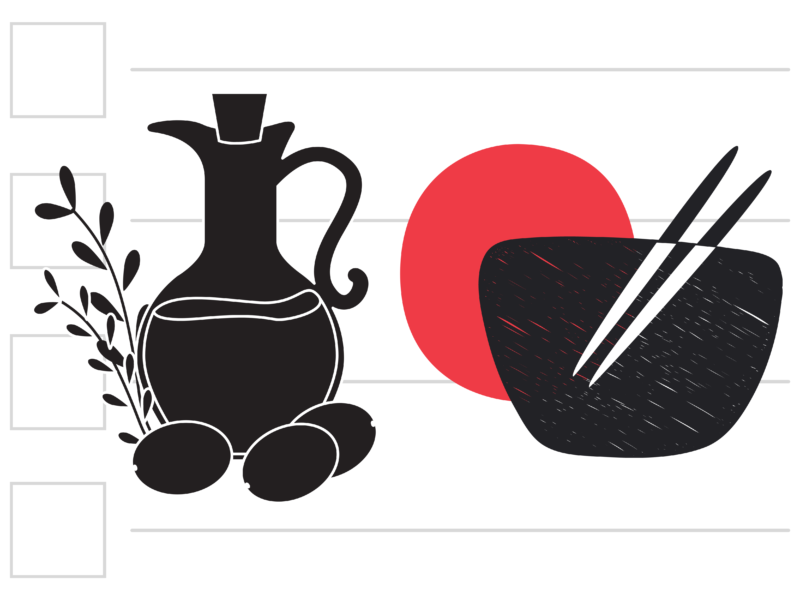Consumers have never been confronted with so many food choices. Making a decision on what food to eat is affected by many factors, including media reports, diet research findings, and social media. In this course, you’ll access leading research and expert insights to make sense of some of the most common food controversies – alternative proteins, palm oil, and probiotics.
Archives
Intensification of arable farming systems can be achieved through the adoption of innovative technologies, without negatively impacting the environment. However, uptake of these technologies by farmers across the EU has been limited. In this course, you’ll explore evidence-based information that outlines the benefits and challenges of adopting new technologies within the EU, and have the chance to read case study examples of some of these applications.
Diet is the biggest single risk factor for preventable diseases in the world and a key driver of diabetes, heart disease, and other non-communicable diseases (NCDs). In this course, you’ll look at what makes up a healthy diet, and see what types of foods play a crucial part in preventing diseases and improving wellbeing.
Food safety is highly regulated. You’ll evaluate how chemicals can migrate from packaging and slowly affect our endocrine health, and how tests can check for safety.
Have you ever wondered what makes food sustainable?
In this course, you’ll better understand where our food comes from, how it’s produced, and the associated environmental, social and sustainability challenges for EU farmers.
Food and health information is often oversimplified by the media. By understanding and learning more about what’s in our food, we can make smarter, more sustainable, and healthier food choices. This course will be particularly useful for final year schools students undertaking a food-related subject or interested in food science as a potential career pathway.
This course compares how the media and science handle nutrition and health topics. You’ll explore the psychology of why we’re easily influenced by headlines and learn about different types of biases, like confirmatory and availability bias.
Producing animal feed safely will ensure your animal production system remains healthy. You’ll discover the control and testing methods used to maximise the safety of animal feed.
The microbiome – the microbes that live within the human body – can have a huge impact on human health.
On this course, you’ll go on a fascinating journey into the human body – down to the gut – where the ecology and roles of the human microbiome will be narrated.
Your diet can make a big difference to your health. You will explore the science and benefits of two well-known diets: the Mediterranean and Okinawa diets.
